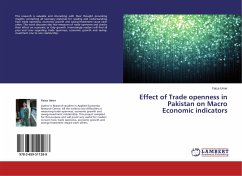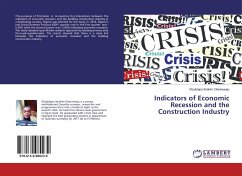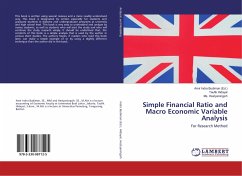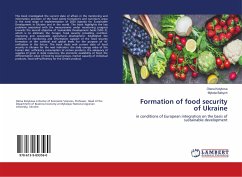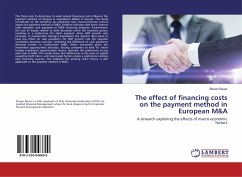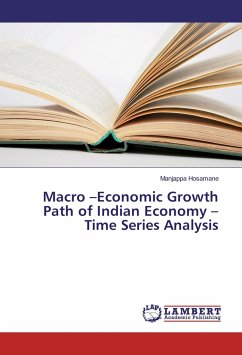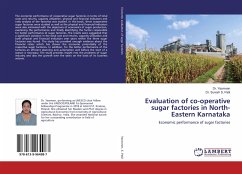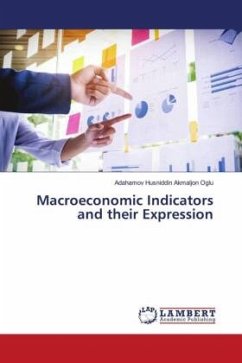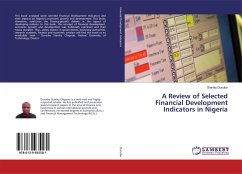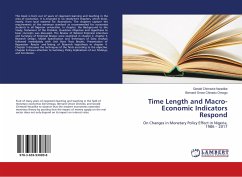
Time Length and Macro-Economic Indicators Respond
On Changes in Monetary Policy Effect in Nigeria, 1986 - 2017
Versandkostenfrei!
Versandfertig in 6-10 Tagen
27,99 €
inkl. MwSt.

PAYBACK Punkte
14 °P sammeln!
This book is born out of years of classroom learning and teaching in the area of economics. It is arranged in Six closely-knit chapters, which draw, mostly, from local material for illustrations. The chapters capture the requirements of the minimum standard as recommended for economist students in all Nigerian universities. In chapter, the Background to the Study, Statement of the Problem, Questions Objective and Hypothesis to basic concepts was discussed. The Review of Related Empirical Literature and Summary of Empirical Review were examined in chapter 2, chapter 3, Research Design, Model Sp...
This book is born out of years of classroom learning and teaching in the area of economics. It is arranged in Six closely-knit chapters, which draw, mostly, from local material for illustrations. The chapters capture the requirements of the minimum standard as recommended for economist students in all Nigerian universities. In chapter, the Background to the Study, Statement of the Problem, Questions Objective and Hypothesis to basic concepts was discussed. The Review of Related Empirical Literature and Summary of Empirical Review were examined in chapter 2, chapter 3, Research Design, Model Specification and Techniques of Data Analysis followed immediately with Unit Root Tests Results, Presentation of Regression Results and Testing of Research Hypothesis m chapter 4. Chapter 5 discusses the techniques of the finds according to the objective. Chapter 6 draws attention to Summary, Policy Implications of our Findings, and Conclusion.



